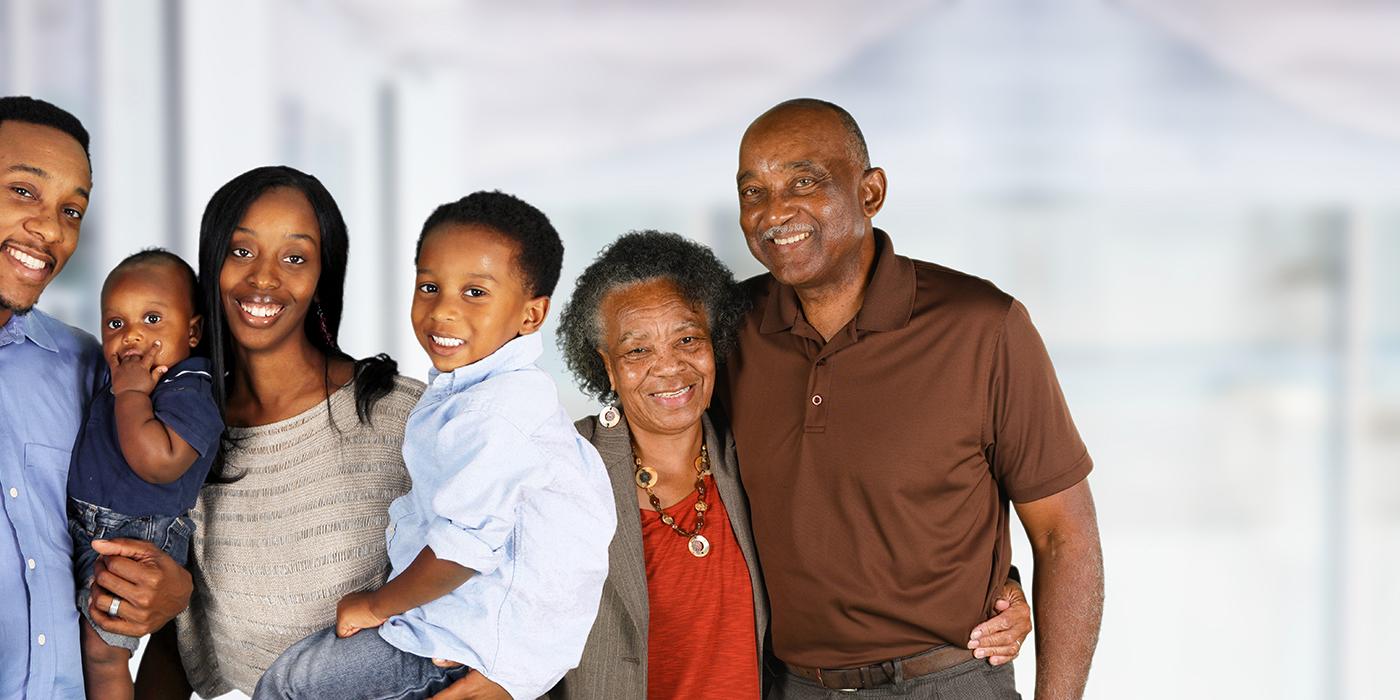One month before the 2022 midterm elections, Kaiser Family Foundation partnered with TheGrio—a Black-owned, free media network focused on the African American community—to field a national survey of 1,000 Black registered voters. The sample included 800 respondents reached online through the SSRS Opinion Panel and 100 respondents recruited through the Ipsos KnowledgePanel. To ensure the inclusion of Black voters who do not use or cannot access the Internet, another 100 interviews were conducted by contacting respondents from a previous SSRS Omnibus poll who identified as Black and non-users of the Internet.
Among other topics, the survey explores respondents’ perceptions and attitudes about being a Black person in America; issues such as the economy, voting and representation, and the events of January 6th, 2021; and support for 2024 presidential candidates.
Results show the respondents were deeply concerned with economic and financial issues; the top four most important problem choices were cost of living, financial problems, the economy, and the cost of housing. Housing costs topped the list when the question prompt was filtered to focus only on economic issues (Fig.1).

Additionally, 58 years after the passage of the Civil Rights Act of 1964, two-thirds of respondents (67%) felt that it was a bad time to be a Black child in America (Fig.2). Similar percentages felt it was a bad time to be a Black man (67%) or a Black woman in America (62%).

Figure 2: Percentage Indicating it is a Good or Bad Time to Be a Black Child in America
Respondents indicated that they were overwhelmingly more likely to vote for the Democratic candidate in their districts (77%) than Republican (11%) and felt that racism was more of a major problem in the Republican Party (77%) than in the Democratic Party (30%). Two-thirds (66%) felt that the Republican Party was not too committed or not at all committed to making sure the elections in the United Stated were fair and accurate, while the remaining 33% felt the party was somewhat or very committed (Fig.3).

When it comes to their voting decisions, respondents placed high levels of personal importance on issues including gun violence (76%), healthcare costs (78%), criminal justice and policing (75%), and voting rights (80%, Fig. 4), moderate importance for climate change (52%) and abortion rights (64%), and less importance on immigration (38%).

Black voters appeared less worried about election theft and more about larger efforts to reduce voter access. For example, they reported less concern about issues such as inaccurate vote counts and voter fraud, and more concern about gerrymandering (Fig.5), voter suppression, voter ID laws, and limiting early voting and vote by mail options.

Regarding health concerns facing the Black community, respondents showed support for increasing funding for services, such as improving health care for Black mothers and babies (64%), as well as increasing funding for health problems like diabetes and heart disease that disproportionately affect Black Americans (60%).
The survey also found that 7 in 10 respondents felt that decisions by the Supreme Court primarily reflected politics and ideology, rather than the law (Fig. 6), and viewed them as a step backwards for women’s rights, voting rights, climate change, LGBT rights, and racial equity. For instance, fully 81% disapproved of the United States Supreme Court overturning Roe vs. Wade court decision. Additionally, the largest share of survey respondents (48%) felt police funding should remain about the same, with only 17% favoring a decrease in police funding and 34% favoring an increase in funding. There was also broad support (68%) for Congress passing a law to protect same-sex marriage.

Regarding vote choice, 86% of respondents said they voted for Joe Biden in 2020. But when the topic turned to potential 2024 presidential candidates, only 41% indicated that Biden was the best Democratic candidate and 58% felt the Democrats should nominate another candidate. Two-thirds (66%) thought it likely they would vote for Kamala Harris if she ran for President. By comparison, Black voters’ favorability ratings for former President Trump were just 15%, which mirrored the percentages who felt that Trump should or should not be charged with crimes related to the attack on the United States Capitol on January 6th, 2021 (Fig. 7).

The full toplines, frequencies, as well as the KFF Poll Finding report, can be accessed here in Roper iPoll.
